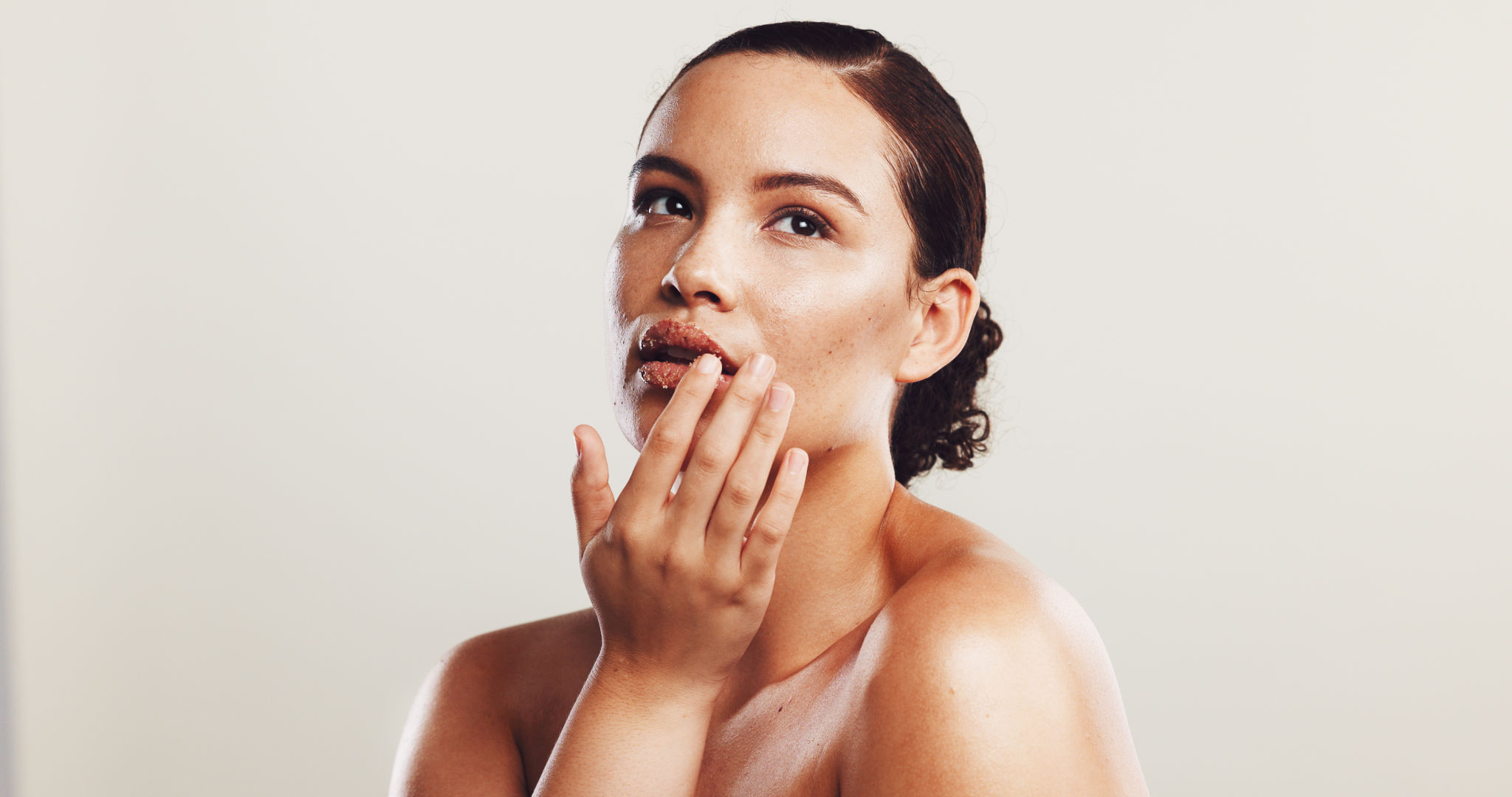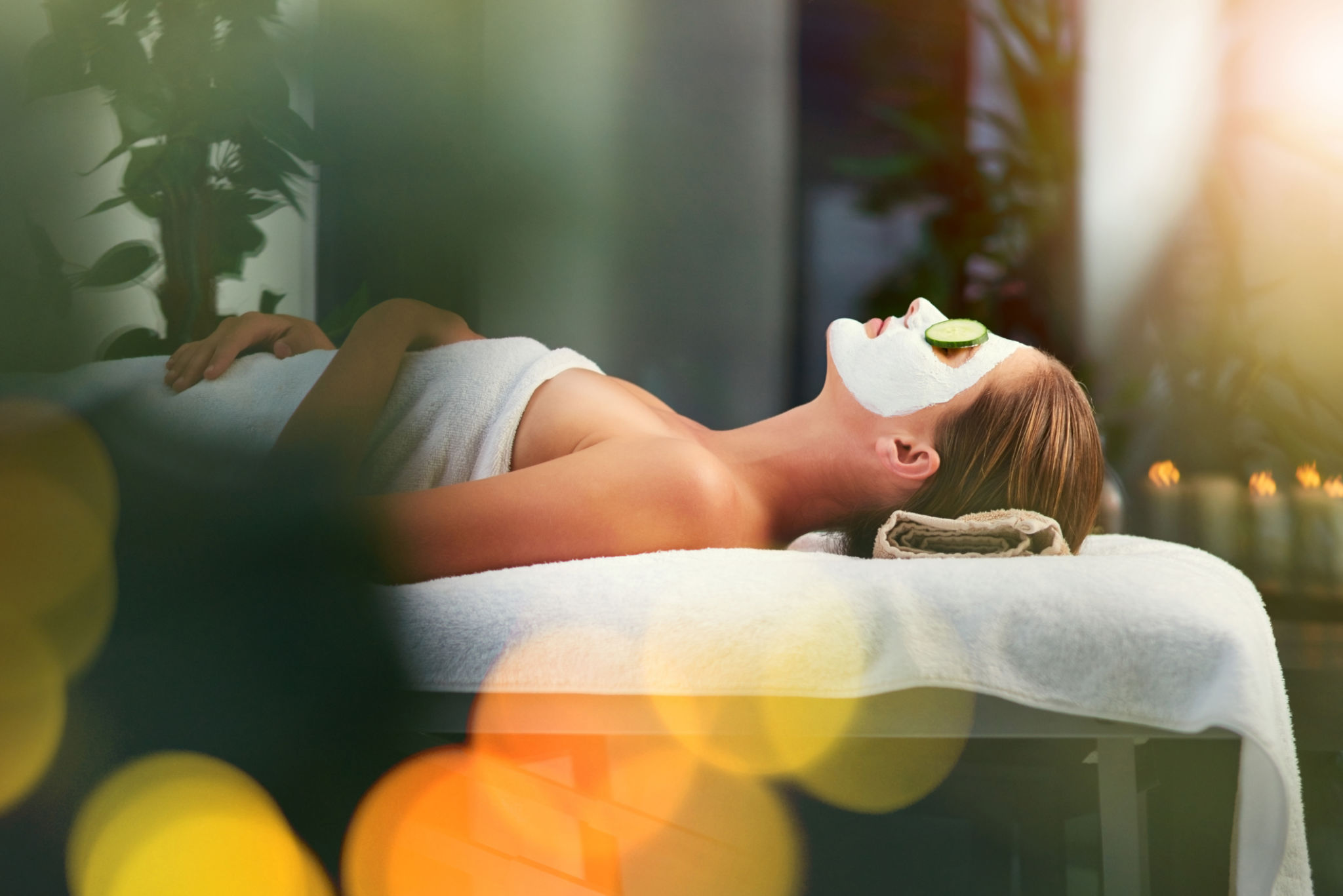Acne Scar Treatments: What Works Best for Different Skin Types
Understanding Acne Scars and Skin Types
Acne scars can be a persistent reminder of past breakouts, affecting self-esteem and confidence. The key to effective treatment lies in understanding your unique skin type. Each skin type reacts differently to various treatments, and what works for one person might not work for another. Let's explore the best acne scar treatments tailored to different skin types.
The primary skin types are oily, dry, combination, and sensitive. Identifying your skin type is the first step in choosing the most effective treatment. From topical solutions to professional procedures, each option offers distinct benefits and challenges depending on your skin type.

Best Treatments for Oily Skin
Oily skin tends to produce excess sebum, which can lead to clogged pores and acne. The best treatments for acne scars on oily skin usually aim to regulate oil production while promoting skin regeneration. Consider the following options:
- Salicylic Acid: This beta-hydroxy acid helps exfoliate the skin and clear pores, reducing the appearance of scars over time.
- Laser Therapy: Non-ablative lasers can stimulate collagen production without causing excessive dryness.
These treatments help manage oil production while addressing scars, making them ideal for oily skin types.

Effective Solutions for Dry Skin
Dry skin often lacks moisture, making it prone to flakiness and sensitivity. When treating acne scars on dry skin, hydration and gentle care are crucial. The following treatments are recommended:
- Hyaluronic Acid Serums: These serums hydrate the skin deeply, improving texture and plumping up scarred areas.
- Microneedling: This procedure creates micro-injuries in the skin that promote natural healing and collagen production without stripping moisture.
These treatments focus on nourishing and repairing the skin barrier while addressing the scars effectively.
Combination Skin: Finding Balance
Combination skin features both oily and dry areas, requiring a balanced approach. Targeting acne scars on combination skin involves using treatments that address both oiliness and dryness without exacerbating either condition.
- Chemical Peels: Light peels can help even out the skin tone and texture by removing dead skin cells from both dry and oily regions.
- Retinoids: Retinoid creams can improve cell turnover, helping reduce the appearance of scars while balancing oil production.

Treatments for Sensitive Skin
Sensitive skin requires gentle care due to its tendency to react to harsh ingredients. When selecting treatments for acne scars on sensitive skin, look for options that minimize irritation while delivering results.
- Aloe Vera Gel: Known for its soothing properties, aloe vera can help fade scars without causing irritation.
- LED Light Therapy: This non-invasive treatment can reduce inflammation and promote healing without physical abrasion.
Sensitive skin benefits most from calming treatments that enhance skin recovery with minimal risk of adverse reactions.
The Importance of Professional Consultation
No matter your skin type, consulting with a dermatologist is crucial before starting any treatment regimen. A professional can help you understand your unique skin conditions and recommend personalized solutions that maximize effectiveness while minimizing potential side effects.
Remember, patience and consistency are key when it comes to treating acne scars. With the right approach tailored to your skin type, you can achieve smoother, healthier-looking skin over time.
